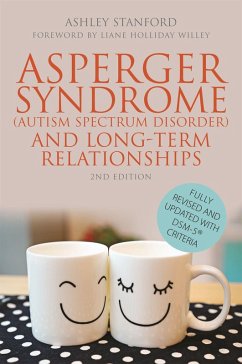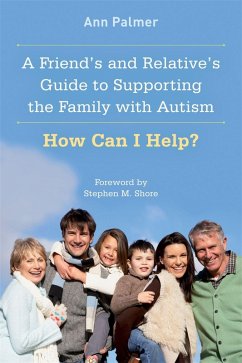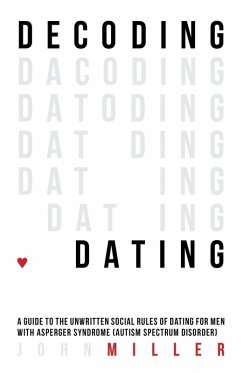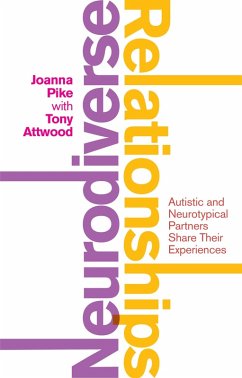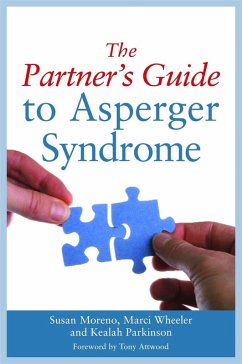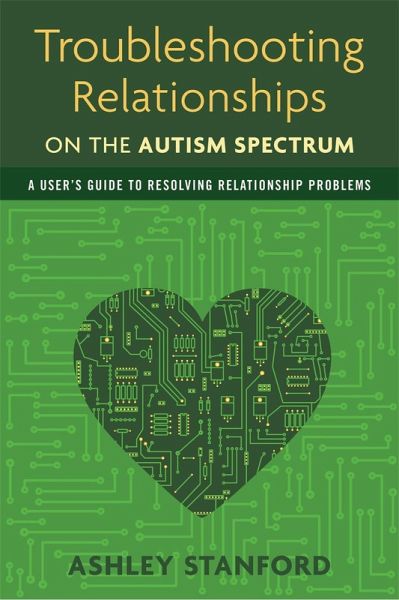
Troubleshooting Relationships on the Autism Spectrum (eBook, ePUB)
A User's Guide to Resolving Relationship Problems

PAYBACK Punkte
8 °P sammeln!
Don't you wish relationships came with a manual? Ashley Stanford has written a user's guide to relationships that adopts a practical troubleshooting approach to resolving difficulties that will greatly appeal to the logical minds of individuals on the autism spectrum, as well as offering valuable guidance to their partners.Troubleshooting identifies problems and makes them fixable. This book presents a three-step troubleshooting process that can defuse even the trickiest relationship dilemma. Specific problem areas are covered in detail including communication, executive functioning, mindblind...
Don't you wish relationships came with a manual? Ashley Stanford has written a user's guide to relationships that adopts a practical troubleshooting approach to resolving difficulties that will greatly appeal to the logical minds of individuals on the autism spectrum, as well as offering valuable guidance to their partners.
Troubleshooting identifies problems and makes them fixable. This book presents a three-step troubleshooting process that can defuse even the trickiest relationship dilemma. Specific problem areas are covered in detail including communication, executive functioning, mindblindness, attachment, intimacy, co-habiting, and raising a family. The book offers straightforward solution-focused strategies and additional help is given in the form of bulleted lists, summaries, scripts, and example scenarios.
Troubleshooting identifies problems and makes them fixable. This book presents a three-step troubleshooting process that can defuse even the trickiest relationship dilemma. Specific problem areas are covered in detail including communication, executive functioning, mindblindness, attachment, intimacy, co-habiting, and raising a family. The book offers straightforward solution-focused strategies and additional help is given in the form of bulleted lists, summaries, scripts, and example scenarios.
Dieser Download kann aus rechtlichen Gründen nur mit Rechnungsadresse in A, D ausgeliefert werden.






